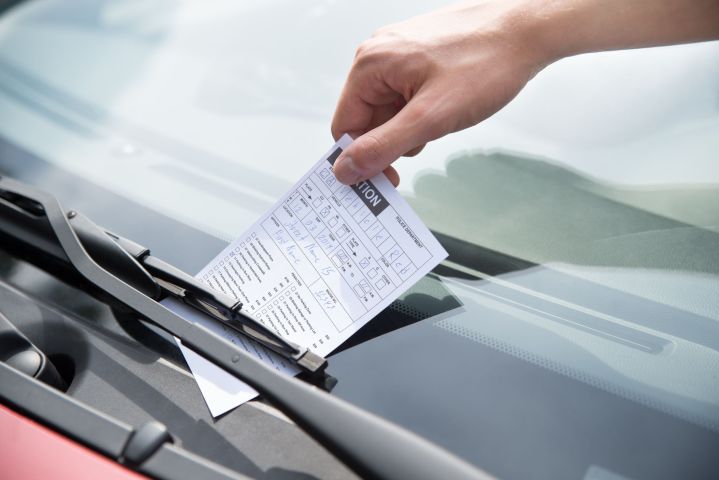
It would be illegal for the robot to give subjective advice related to the law, but in its current iteration Browder’s bot really just answers questions. Understanding appeals can be complicated, so the bot asks standardized questions about the incident. By determining basic facts (like who was driving the car) and identifying factors that might have contributed to the ticket (like road conditions or confusing parking signs), the robot formulates a cohesive appeals letter you can then mail to the court.

On the occasions that the robot can’t figure out what to do, it directs users to personal contact information for Browder himself. Although the site is still in beta with an expected launch for spring of this year, Browder says the bot will get better over time. The conversation algorithm uses keywords, pronouns, and elements like sentence structure and syntax to understand all the issues associated with the parking ticket. So the more users interact with the bot, the more it will learn about these complex issues and how best to serve its users.
“As a 19-year-old, I have coded the entirety of the robot on my own, and I think it does a reasonable job of replacing parking lawyers,” said Browder. The bot only works for U.K. users and the British legal system right now, but Browder says he is working on programming U.S. laws by city for future use. He is also working on integrating his robot lawyer technology into self-driving cars, fully automating every element of the driving life.
Legal robots like this one probably won’t replace lawyers altogether (at least not anytime soon), but they could become helpful in accomplishing some of the more mundane tasks that don’t justify the high legal fees for human labor. But understanding legal topics and procedures specific to a city or region can be tough without help, so Browder’s bot aims to fill that gap.
The teenage programmer says he’s also working on a bot to help Syrian refugees. He’ll have to code the robot to understand Arabic language input and spit out legal documents in English, but if his bot helps ease the process of understanding the legal system for asylum-seekers, it will likely be worth the effort.


